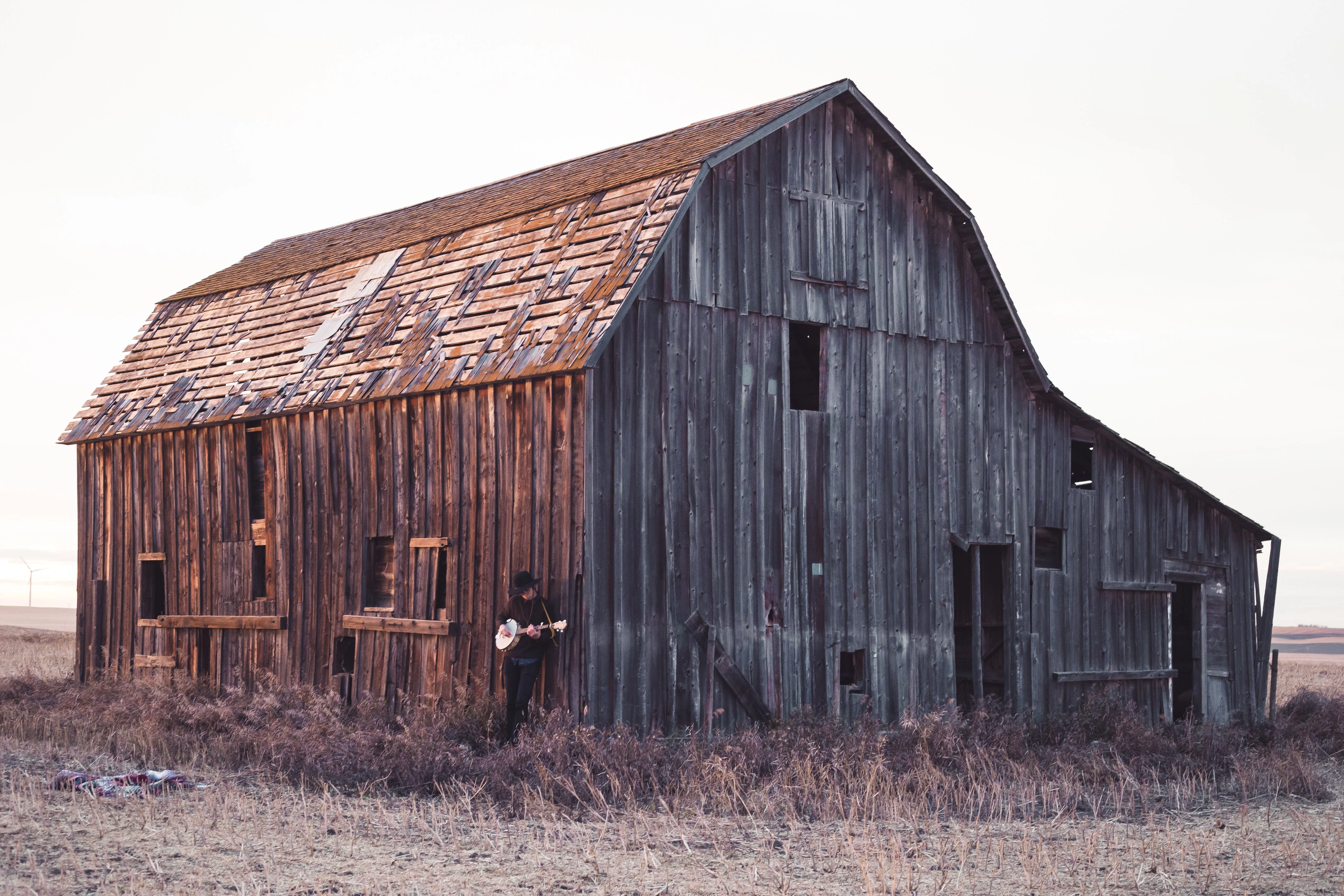Rescuing Rhythms: Traditional Music’s Battle Against Extinction
Like this project
Posted Oct 6, 2023
Journalistic-style article on the effort to rescue endangered folk and traditional music in the Americas. The client was very pleased with the effort.
Likes
0
Views
36
Rescuing Rhythms: Traditional Music’s Battle Against Extinction
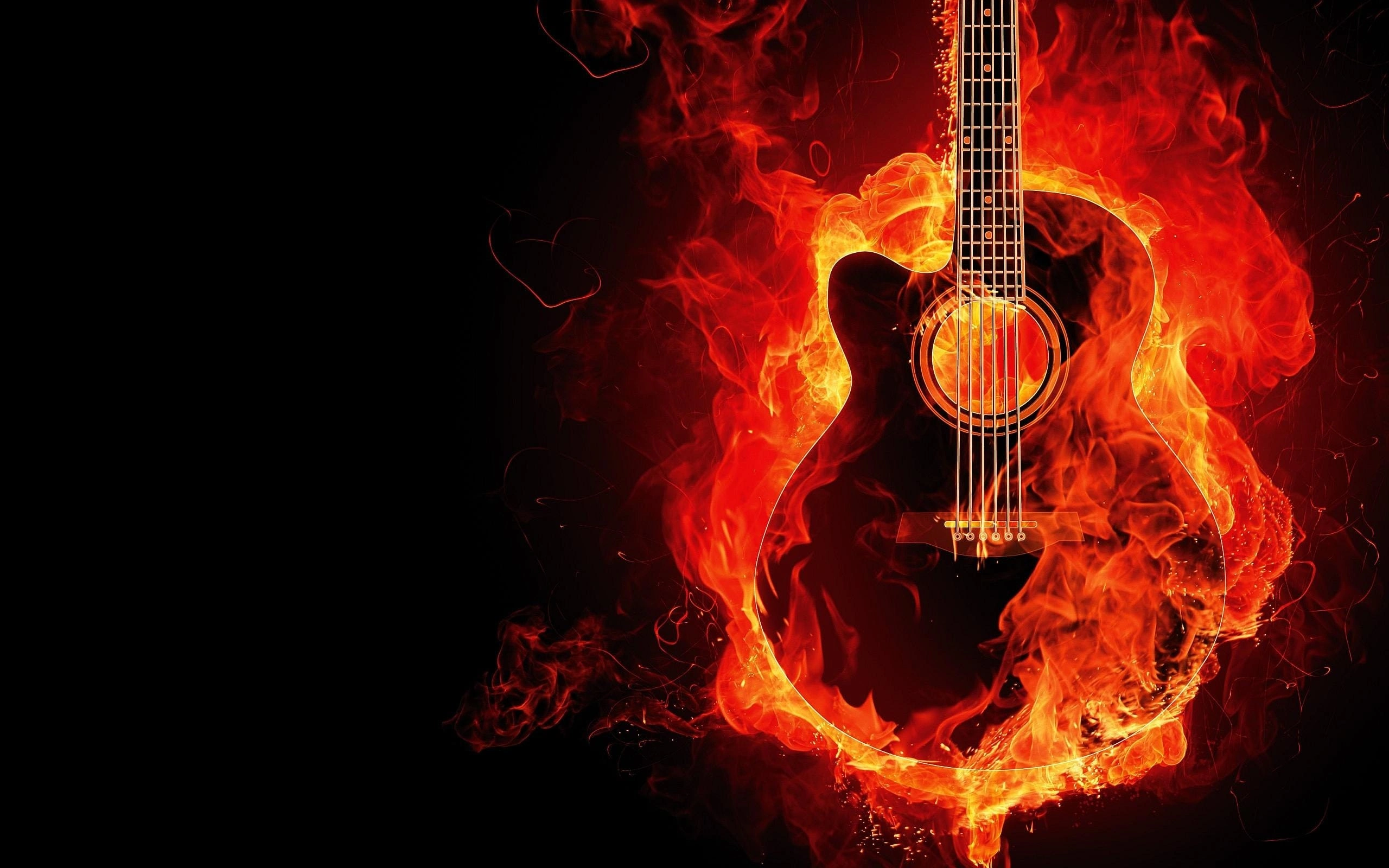
Imagine waking up tomorrow morning and clicking your iPhone’s play button for your wake-up song, “Fire and Rain,” by James Taylor. Only it doesn’t play.
You click again. Silence.
Scrambling through Apple Music’s catalog, you discover the entire album “Sweet Baby James” is no longer listed. Neither is your all-time favorite, “You’ve Got a Friend.” All of Tayor’s albums and his artist page have vanished.
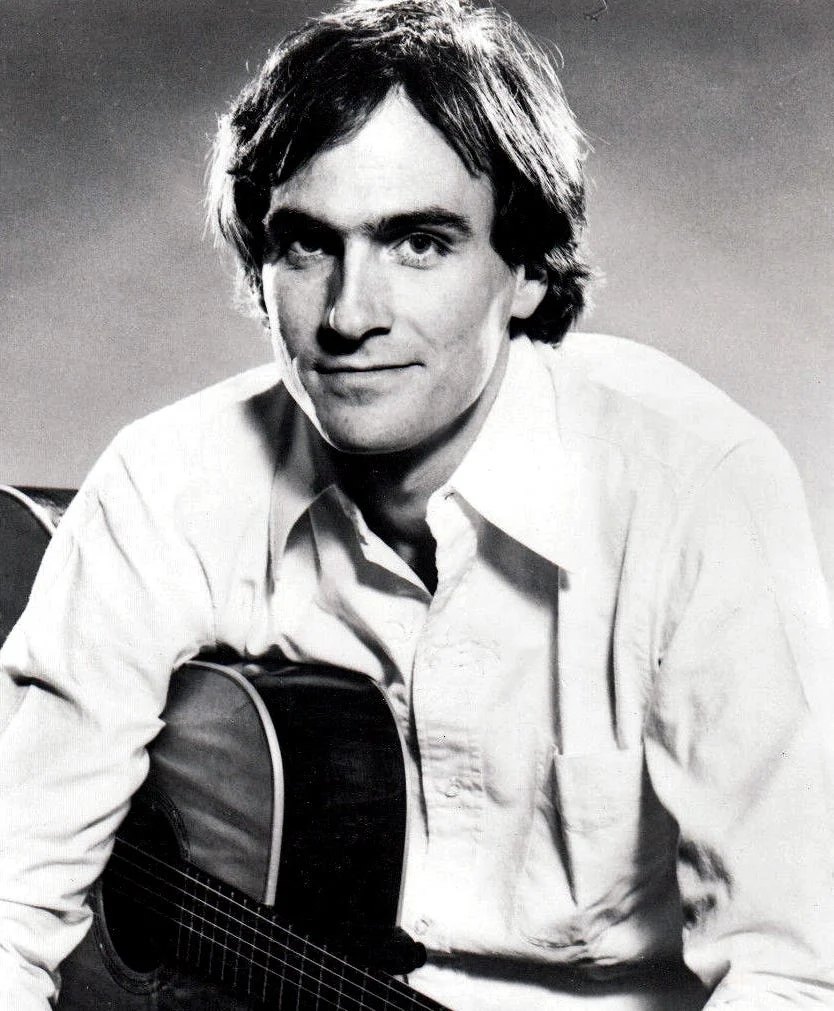
“Fire and Rain” was the song that kept you going. Through all the rough times, struggles, and loneliness, Taylor’s baritone boomed an inner strength to get you through another day. His early albums weaved an American folk revival spirit through them, reminding you of a simpler time.
Mystified, you check Spotify, Pandora, and even Tidal. A deeper look reveals Taylor’s influences from the early 1960s — Bob Dylan, Pete Seeger, Odetta, and Joan Baez — have also evaporated.
The counter-culture voices of an entire generation — the music you grew up with, that accompanied you at the beach with friends, the family barbecue, and spoke so loudly it helped to launch a civil rights revolution — are no longer a part of your life.
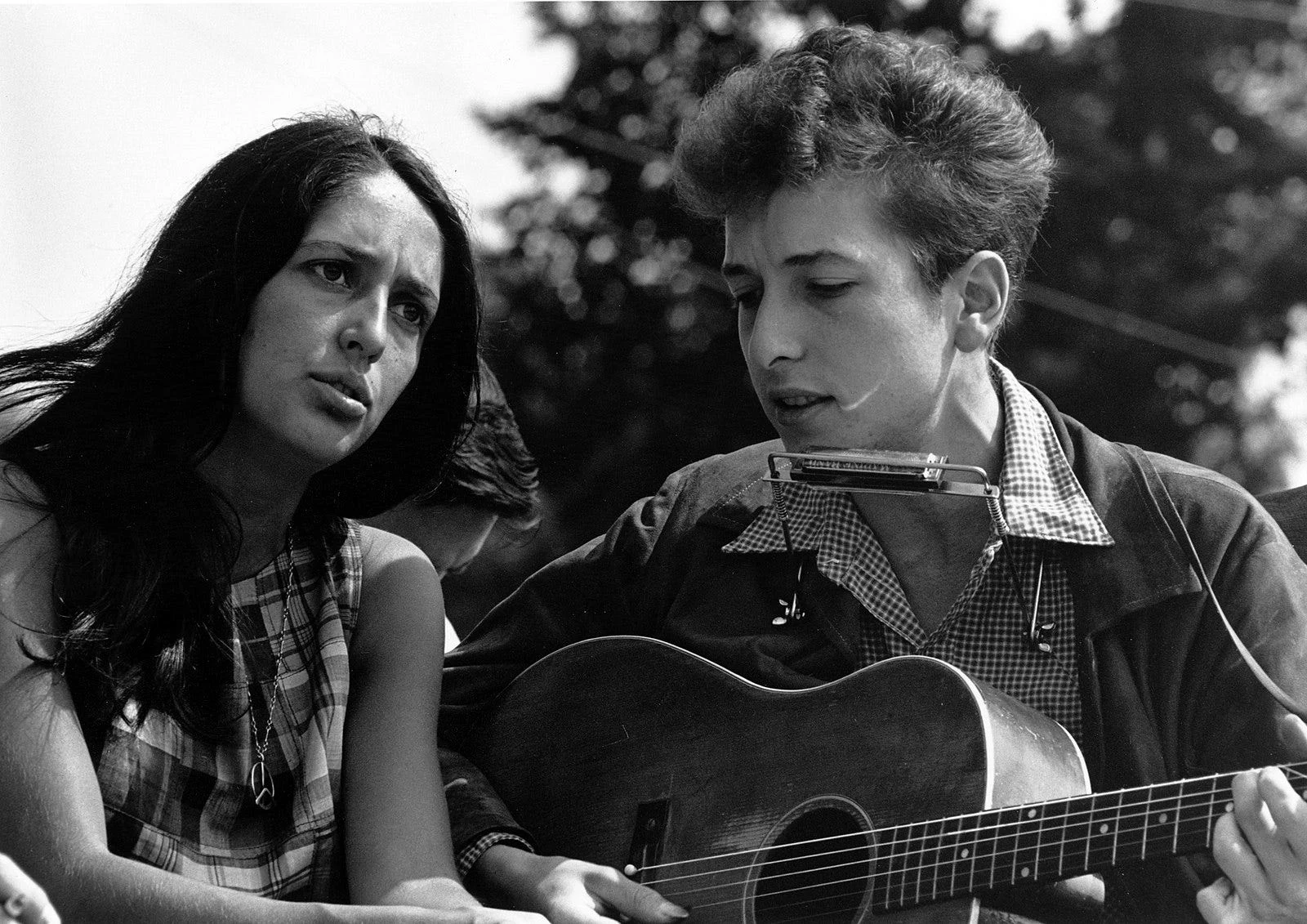
Endangered Music
Just as endangered species face extinction from habitat loss and climate change, an earlier inspiration for folk music — traditional music and its voices are dying. Growing up in a world dominated by synth music and streaming platforms, we find ourselves disconnected from our musical heritage.
The soulful tunes of ancient music, our rhythmic roots, are also fading into obscurity, but so many of us are not aware of it.
While my dystopian Taylor scenario, designed to get your attention, is purely fictional, it could happen 50 or 80 years from now.
As we stream songs so easily from the phones in our hands, it may seem difficult to picture a time when that music would vanish. And if James Taylor is not your favorite jam and you’re having a hard time understanding the importance of this loss, imagine other great voices that reflect the soul and history of America: Aretha Franklin, Woody Guthrie, or your grandfather’s favorite, Louis Armstrong. Those amazing trailblazers were inspired by early spirituals, gospel music, and ballads that go back to Europe.
For the generation just before me, Folk Revival in the 1960s was a period reminiscent of traditional folk music, a complex blend of music from all over the world that developed from its inception with different accents and unique characteristics in various regions across the United States.
Today, those traditional voices native to cultures throughout the Americas — North, Central, and South — are in fact, disappearing from our collective memories. Migration, a local lack of support for preserving and promoting traditional music, and centralization of the music industry in northern hemisphere countries of the world have all contributed to its endangerment.
The impact of losing songs, rhythms, stories, and forms of ancient music is difficult to understand or quantify.
When I lived in Washington, D.C., every Fourth of July celebration was accompanied by an American traditional anthem, John Philip Sousa’s “Stars and Stripes Forever.” I can’t imagine an Independence Day without fireworks exploding across the night sky accompanied by that marching tune.
“If we lose these historical, harmonious native voices, we lose those very first threads of melodies and histories woven into the giant, diverse tapestry of music that we listen to today.” — Gianluca Perdicaro
Losing the Musical Threads of Our Lives
Professional singer and international voice coach Gianluca Perdicaro warns we are losing a critical part of our humanity, the threads of what makes us human.
“If we lose these historical, harmonious native voices,” says Perdicaro, “we lose those very first threads of melodies and histories woven into the giant, diverse tapestry of music that we listen to today.”
Perdicaro, a cultural entrepreneur, member of the International Council for Traditions of Music and Dance, member of Americans for the Arts, and lecturer at several universities, is so alarmed he has founded the Voices of the Americas Heritage Institute, the first and only U.S. organization dedicated to specifically preserving and promoting the rich heritage of traditional singing throughout the Americas.
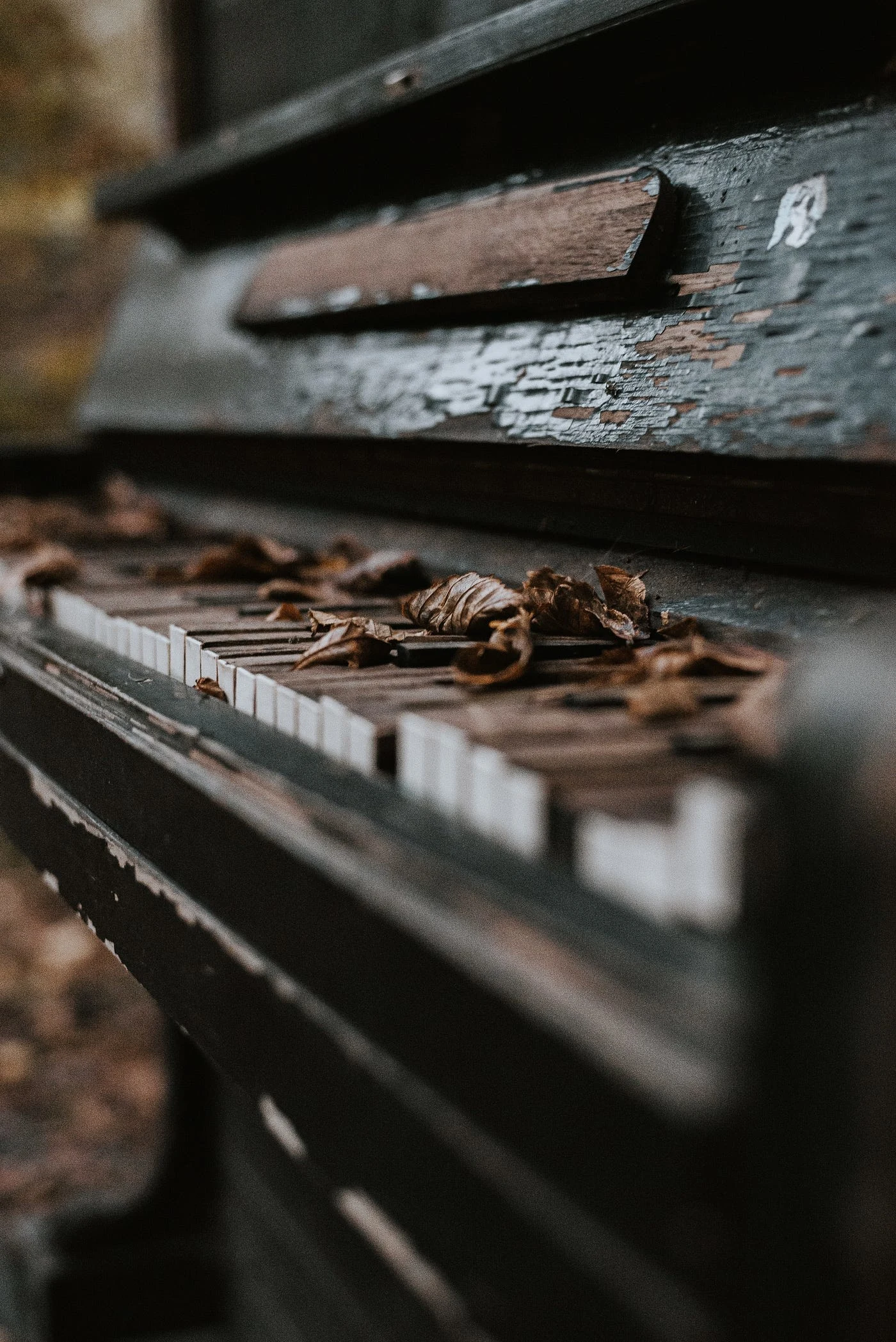
“If all the old songs are lost, then we don’t remember who we are.”
In a recent interview, Perdicaro discussed the tremendous influence traditional voices and “folk” music hold to bring people together in a way that transcends our differences. These historical melodies, rooted deep within the cultural fabric of diverse societies, have a unique power to make connections between people of different backgrounds. They connect us to other cultures, enrich our understanding of humanity’s collective heritage, and inspire emotions that transcend language barriers.
“By leveraging new technologies my hope is the Institute will bridge generations of artists and communities across borders, to ensure that the voices of the past continue to resonate through the voices of the future,” Perdicaro said.
Perhaps most importantly, traditional voices hold the secret key to ancient stories that reveal a culture’s specific history and can help connect us through the power of storytelling.
Connection through Traditional Voices
Traditional music is a broad term that refers to music developed natively by small groups or musicians that become a part of their culture’s heritage. For example, Samba is considered Brazil’s “national rhythm” and has a long history with roots as far back as the late 1800s. Since the 1930s, Samba has become a part of the racial and cultural stew of the country’s national tradition.
Traditional voices have a remarkable ability to transcend borders and forge connections between people of different backgrounds. Whether it’s the rhythmic beats of a tribal drum, the soul-stirring ballads of the Appalachian Mountains, or the joyous mariachi melodies of Mexico, these musical traditions have the power to speak to the human soul.
The United States has long recognized music as a valuable tool in making connections through diplomacy, which involves using cultural, educational, and ideological influence to shape perceptions and win hearts and minds. Jazz was used as a soft power during the Cold War when the government promoted it as a symbol of American creativity and freedom. Jazz artists like Louis Armstrong and Duke Ellington were sent on international tours to showcase American culture and counter Soviet propaganda.
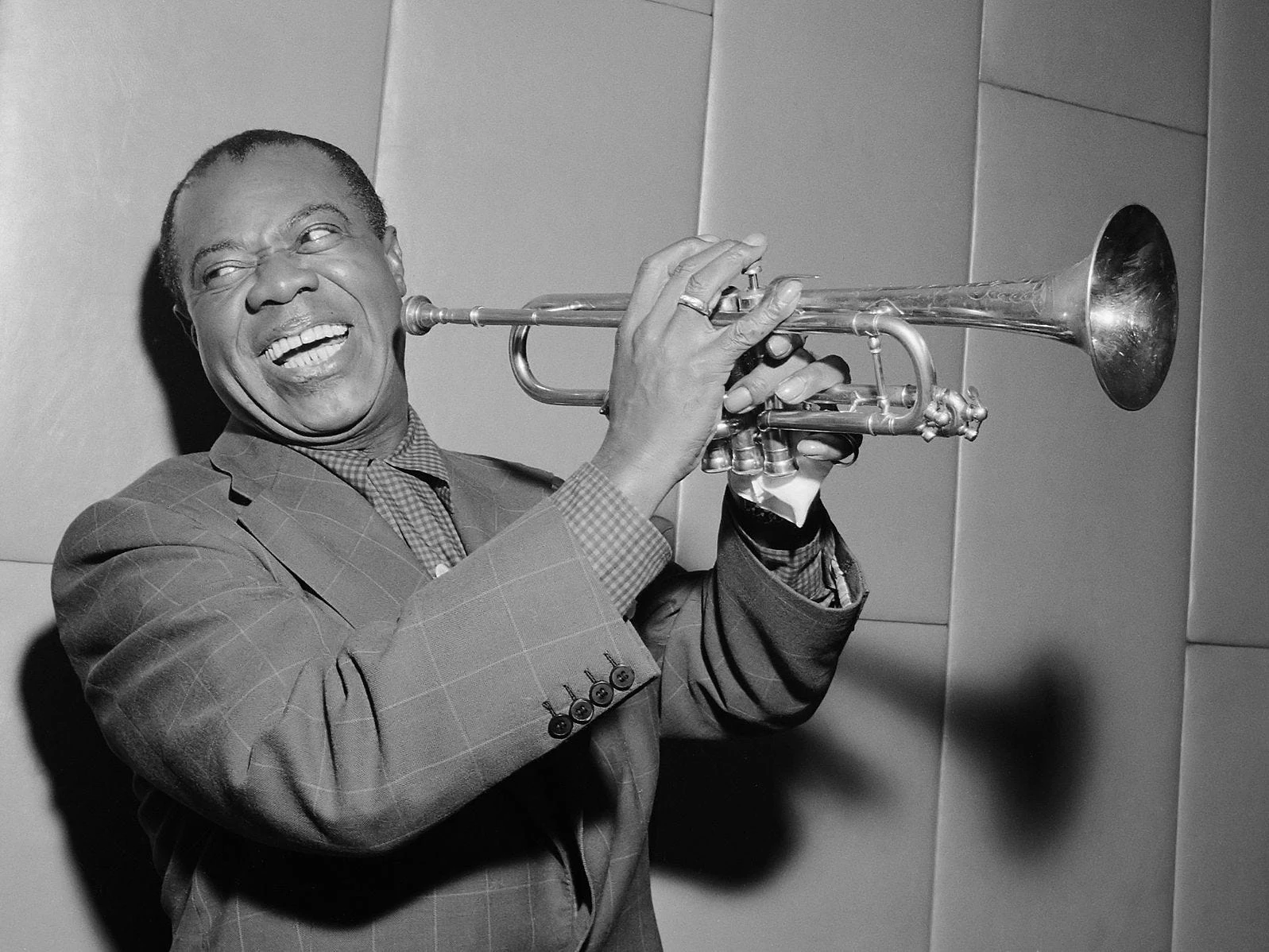
In a world that remains filled with increasing contention, Perdicaro believes music and song are not a facet of soft power but superpowers armed with an ability to bridge cultural divides, play a pivotal role in preserving cultural identities, and save precious musical treasures from the imminent danger of being lost forever.
As expressed by a Tiwi Island woman Lenie Tipiloulra, “If all the old songs are lost, then we don’t remember who we are.”
The Suyá are an indigenous people in Brazil who live at the headwaters of the Xingu River. There are only about 300 members of the ancient tribe left, but they hold a powerful tradition of storytelling and mythmaking through song. The tribe utilizes its traditional music to create consensus, express the group's strength, and re-establish peace, beauty, and a moral foundation for the world.
One member of the tribe told researcher Tony Seeger, “When we stop singing, we will really be finished.”
Perdicaro is joining forces with various organizations to preserve ancestral voices and music, including Global Ties Miami and Ballad of America. If you’re interested in learning more about the traditional music of the Americas or want to find a way to help, check out Voices of the Americas Heritage Institute, which can be found at voicesoftheamericas.com.
